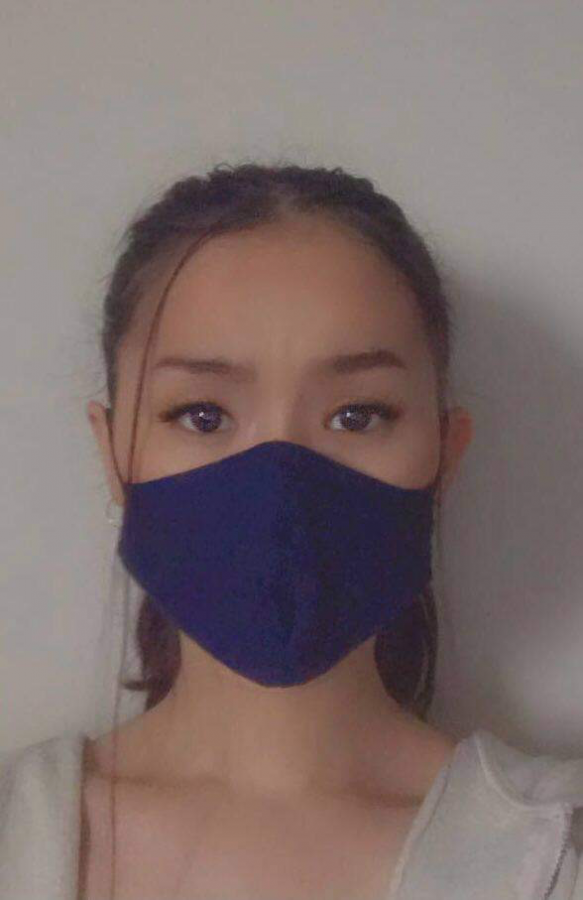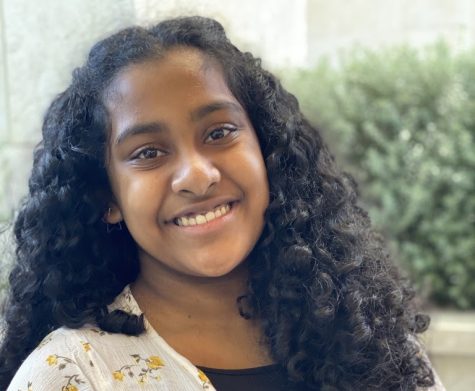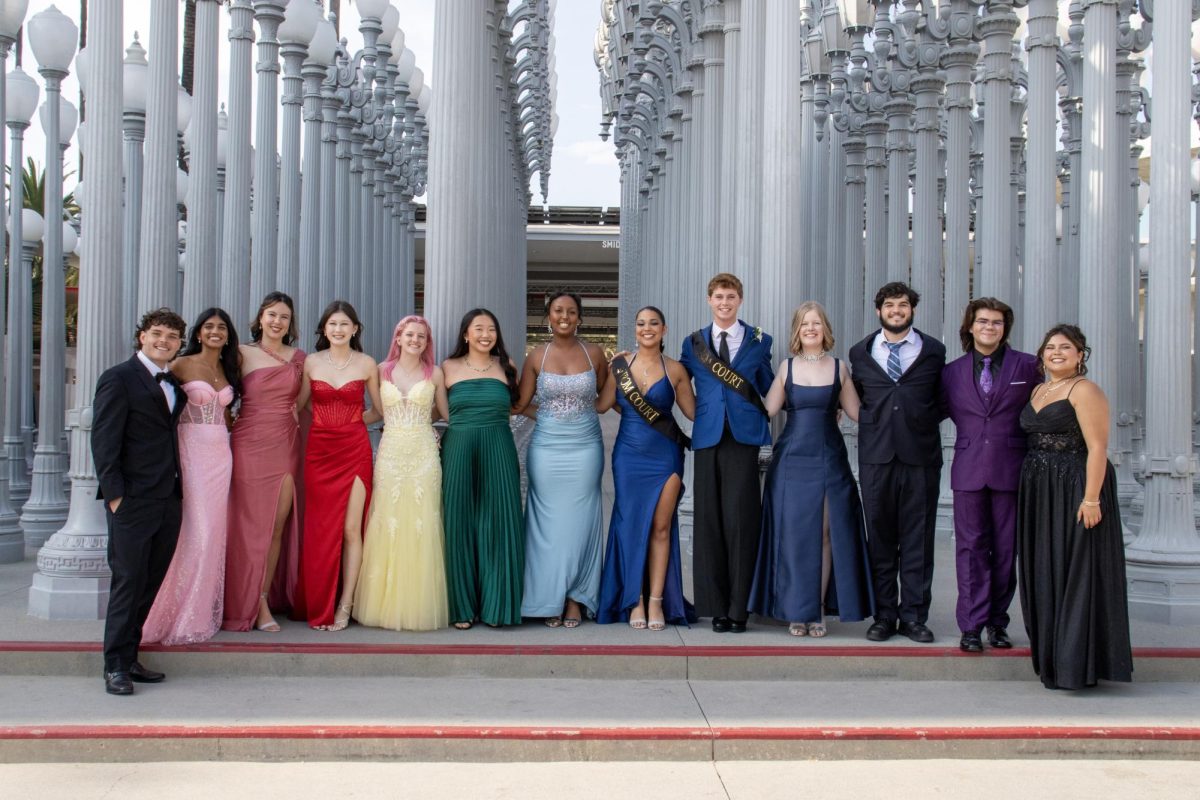Enough is Enough
Art/Photo by Kaitlyn Bennett (11)
Asian American hate is not new. And with the normalization of abusive and racist comments and stereotypes, it’s become harder and harder to recognize racism and hate. But hatred has no place in this country. Now is the time to embrace our differences, not turn them down. So speak out, make your voice heard, and educate yourself.
April 2, 2021
We’ve all been there. We’ve all seen it, or worse, done it. Fingers pulling at the corners of their eyes, exaggerated gibberish flowing from their mouths. This was a light-hearted joke. This was teasing. This was racism.
On March 16, 2021, 21-year-old Robert Aaron Long went on a shooting spree in Atlanta, killing 8 people, 6 of whom were Asian women. This incident shook the country, causing several Americans to speak out regarding the motivation behind the shootings. Many attributed this shooting to the pandemic, as according to NBC News, there was a 150% rise in Asian hate crimes since the start of COVID-19. This makes sense, especially with the stigmatizing language used to describe the pandemic by the former president, such as: “kung flu” and “China virus”, singling out a specific ethnicity to the causes of the pandemic. However, Asian American hate and racism has been a part of this country long before the pandemic.
Ever since the 1810’s, when most Asian-origin people immigrated to America, it became prevalent that Asians weren’t treated equally or with much respect, as they started to become painted as “unclean” or “evil”. During 1882, the Chinese Exclusion Act was introduced to prohibit the immigration of Chinese immigrants. Following this came the caricatures and stigmatization of Asian immigrants through media. And one of the most monumental events was the murder of Vincent Chin in 1982, when a Chinese American man was beaten to death by two white males who were furious with him because they thought he was Japanese. At that time, more Americans were laid off their auto jobs as Japanese workers became successful in the industry, and the two white men happened to be the two out of thousands of Americans who were laid off and upset. The trial that followed Mr. Chin’s death was, to say the least, ineffectual. The two men were fined $3,000 and released. The court’s ruling was so lenient that it ignited Asian Americans to speak out and protest for Asian American rights. So Asian racism is not new. But why is it that many of us may be hearing about this just now?
It’s because of the subtle racist comments that became “normal”. Because phrases like: “all Asians are smart” or “Asians all look the same” were racist stereotypes that were dressed as compliments or casual comments. It is because of the fact that many see racism as a foreign concept. Growing up as an Asian American myself, racism seemed to happen to everyone but my family. But that wasn’t the case. My father recalls walking home from work one day when bottles and cans were thrown at him and he was called racial slurs, and yet he brushed it off because, as he puts it: “It’s a part of adjusting. It’s not right, but what can I do?” This mentality is actually quite common amongst many Asian Americans, as they feel that it’s not their place, especially because of the way they are painted as the “model minority”. Lisa Ling, an Asian American journalist, used the example of World War 2 and the internment of Japanese Americans as an early instance in which Asian Americans didn’t speak out in order to survive: “After [Japanese Americans] were interned for so many years, immediately thereafter, they, having lost everything, went back to their normal lives. That’s been the Asian way.”
In the end, it all boils down to our differences. That’s what causes disagreements and anger and violence. In previous generations, the fight has been to be accepted for our differences. But now, tolerance is not enough. Now is the time to embrace our differences, and find a way to work together to bring out the best in each other. So take the time to educate yourself. Share your stories, your experiences. Listen to those stories, those experiences. Because there is always time to change.





